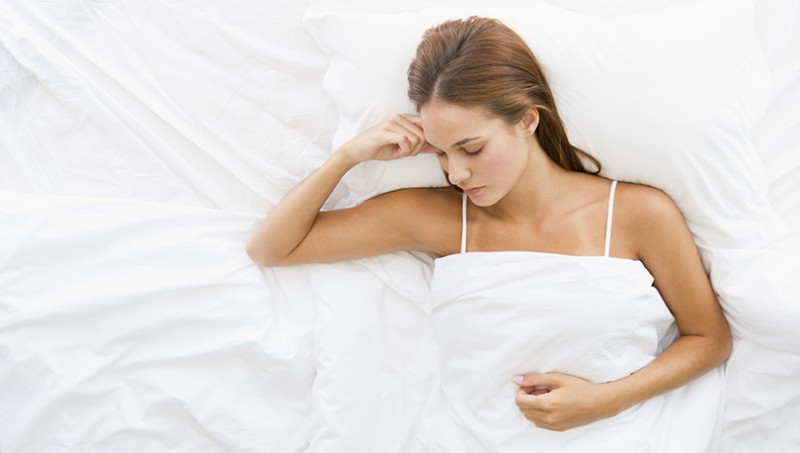Daylight Savings Time returns in just a couple of weeks – at 2 a.m. on March 14, to be precise. For some, this change in schedule can be a bit challenging on the body and the mind.
What's So Difficult About Going Back to Daylight Savings Time?
If you're in the majority of people who don't bat an eye when it's time to switch back to Daylight Savings Time (DST), count yourself fortunate. For those who have trouble adjusting their circadian rhythm, the switch can be difficult. While clocks will change forward by only one hour, this is enough to throw a wrench in the works for the internal clock of many people and even increase the risk of certain health issues for some.
Per
health.clevelandclinic.org, the hour of sleep that we lose in the transition can understandably lead to tiredness and irritability in many people. This is not just because an hour of sleep lost in one night is disruptive, but because of the time it takes for your body's circadian rhythm to adjust to the change. Additionally, there are studies which suggest that heart attacks and even car accidents occur more frequently just after the shift to DST in the United States, per
health.clevelandclinic.org.
Great Tips to Help You Easily Switch to DST
Getting to sleep easily and on time is one of the common challenges that comes with making the switch to DST. Following are some tips to help make the switch back a little easier. These tips will focus on making getting to sleep easier in the first few days leading up to, and just after, the switch to DST.
Avoid stimulating substances such as caffeine and alcohol is an obvious, but worth-stating recommendation for making the DST transition easier on your body. Per
webmd.com, avoiding coffee at least six hours before bed is important. Alcohol, while effective at putting some people to sleep when consumed to excess, is NOT a good idea for getting to sleep earlier, as it can actually make restful sleep much more difficult. Also, avoid other foods that contain caffeine (e.g., chocolate) as well as smoking tobacco in the six hours preceding beddy-bye time.
Begin preparing for the switch earlier. Per
health.clevelandclinic.org, going to bed 15 or 30 minutes earlier than usual in the days leading up to the day of the switch (the second Sunday in March) will make it easier for your body to adjust. This is especially useful if you know that the switch will be difficult, and are dreading the day as it approaches. Using this approach can help you get some peace of mind, and make the change less sudden on your body.
Consider using a natural, non-medicated sleep aid. Melatonin comes to mind as it helps to promote sleep onset. Melatonin is a sleep-initiating hormone that naturally occurs in the body, and also a common and beneficial sleep aid that is available in supplement form. Per
webmd.com, it is commonly used as an aid when making sleep-wake cycle adjustments, which includes the switch to DST.
Exercise, and at the right times. It's common sense that exercise will probably tire you out later on. Per
sparkpeople.com, moderate exercise a few times a week can make sleep easier, and actually give you more energy during the day. It is best to work out in the morning or the daytime, but not in the evening, as this can actually make sleeping more difficult. Exercise can also help increase the quality and restfulness of your sleep.
Keeping good hygiene is always helpful in promoting restful, plentiful sleep. Per
health.clevelandclinic.com, sleep hygiene measures such as avoiding screen time in the hours before bed and keeping a consistent routine can be very helpful. Other sleep hygiene tips include waking up at the same time each day, and sleeping in a soothing, quiet environment.
Avoid eating late so as to help promote good quality sleep, per
worldtimeserver.com. With the forced chance in circadian rhythm can come untimely hunger. If you eat late at night and/or close to your bedtime, the digestive process will just be beginning as you go to bed. As a result, you are less likely to go to sleep in a timely manner, or experience restful sleep.

